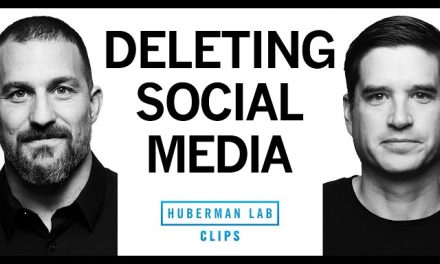Trump’s Hush Money Trial: Unraveling the Motivations Behind the National Enquirer’s Role
In the high-stakes trial surrounding former President Donald Trump’s alleged hush money payments, the cross-examination of former National Enquirer publisher David Pecker has shed light on the intricate web of motivations behind the tabloid’s involvement in the affair. Defense attorneys have sought to challenge the narrative that the Enquirer’s actions were solely aimed at benefiting Trump’s presidential campaign, instead suggesting a more nuanced perspective rooted in the dynamics of tabloid journalism and corporate interests.
At the heart of the matter is the concept of “catch-and-kill” – a practice wherein damaging stories are purchased and then buried to prevent their publication. Pecker’s testimony has revealed that while the Enquirer’s collaboration with Trump’s attorney, Michael Cohen, may have had political implications, it was also driven by the tabloid’s thirst for sensational stories and its quest for profitability.
During cross-examination, defense attorney Emil Bove honed in on the Enquirer’s previous payment of $30,000 for a story alleging that Trump had fathered an illegitimate child. Bove suggested that the Enquirer’s decision to acquire the story was not solely motivated by a desire to protect Trump’s campaign but rather by the allure of a potentially lucrative scoop. Pecker’s acknowledgment that the story was too enticing to pass up underscores the complex interplay between journalistic ethics and commercial interests in the realm of tabloid media.
Furthermore, Bove’s line of questioning regarding negative stories planted by Cohen about Trump’s political opponents underscores the Enquirer’s role as a purveyor of sensationalism rather than a partisan mouthpiece. By framing the Enquirer’s actions as driven primarily by business considerations rather than political allegiance, the defense seeks to distance Trump from any allegations of wrongdoing.
However, Pecker’s testimony has also highlighted the dual nature of the Enquirer’s motives. While the tabloid may have been motivated by the pursuit of profit, its actions were not devoid of political consequences. Pecker confirmed that the decision to kill stories damaging to Trump’s campaign was indeed made with the goal of benefiting the candidate – a revelation that underscores the blurred lines between journalism, politics, and commerce.
Moreover, the suggestion that Pecker’s cooperation with federal prosecutors was financially motivated adds another layer of complexity to the narrative. The revelation that the Enquirer’s parent company, AMI, was under pressure to resolve a federal campaign finance investigation to finalize a lucrative sale further underscores the intertwined nature of corporate interests and legal considerations.
As the trial unfolds, it is clear that the motivations behind the Enquirer’s actions are multifaceted and cannot be neatly categorized as either purely journalistic or purely political. Instead, they reflect the complex interplay of commercial imperatives, legal obligations, and personal interests that shape the landscape of tabloid media in the modern era.



























South Florida Media Comments